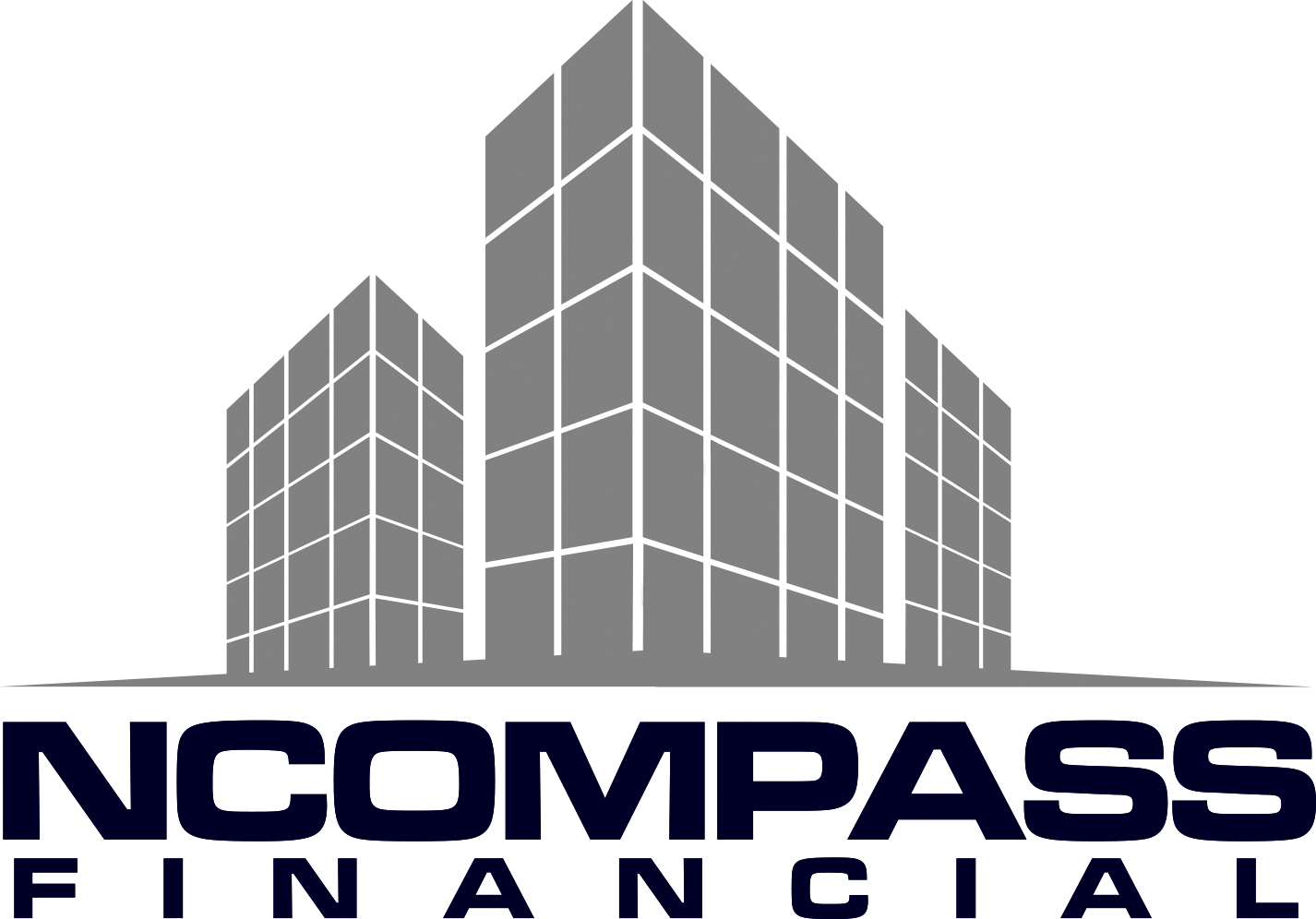What type of lenders fund commercial mortgages?
Lenders that fund commercial mortgages are, Insurance Companies, Banks, Credit Unions, Private Mortgage Lenders, Pension Funds, Trusts, Mortgage Fund and others.
Are commercial rates the same as residential rates?
Typically, there will be a difference between commercial rates and residential rates. Commercial rates tend to be higher because the risk is different. The difference in the rates will depend on the type of asset, location of asset, cashflow, sponsorship etc.
*Exceptions to this may occur when the mortgage is government insured.
What documentation do you require for a commercial mortgage?
The initial documentation required would be:
- Rent Roll
- Income and Expense Statement
- 3 Years Financial Statements
- Articles of Incorporation
- Leases
- Purchase and Sale Agreement/MLS (if applicable)
- Sponsor information (Personal Net Worth Statement/T1 Generals/NOAs)
More information may be required on a case by case basis.
What are the costs to arrange a commercial mortgage?
Costs will vary from transaction to transaction. Costs will typically include:
- Appraisal
- Broker Fee
- Building Condition Report (BCR)
- Environmental Report (s)
- Legal Fees (Two lawyers will be required in many situations-Lender’s Lawyer Borrower’s Lawyer)
- Lender Fee
What is the process?
Costs will vary from transaction to transaction. Costs will typically include:
- Appraisal
- Broker Fee
- Building Condition Report (BCR)
- Environmental Report (s)
- Legal Fees (Two lawyers will be required in many situations-Lender’s Lawyer Borrower’s Lawyer)
- Lender Fee
How long does the process take?
Typically, a commercial deal takes an average of 6-8 weeks to complete assuming that all of the transactional information is readily available. This is a rule of thumb. In certain situations deals may close faster or similarly take longer as each deal is unique.s.


